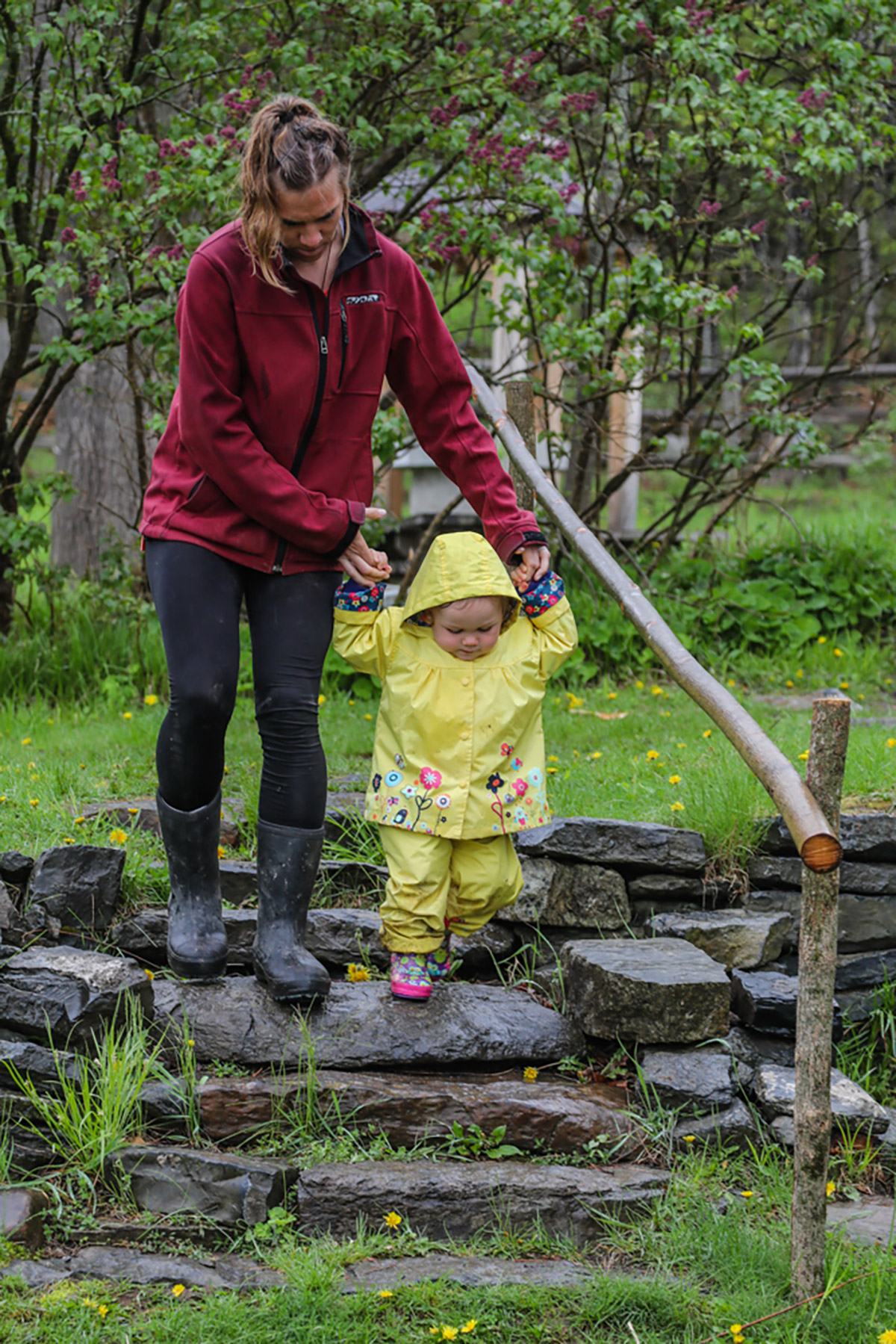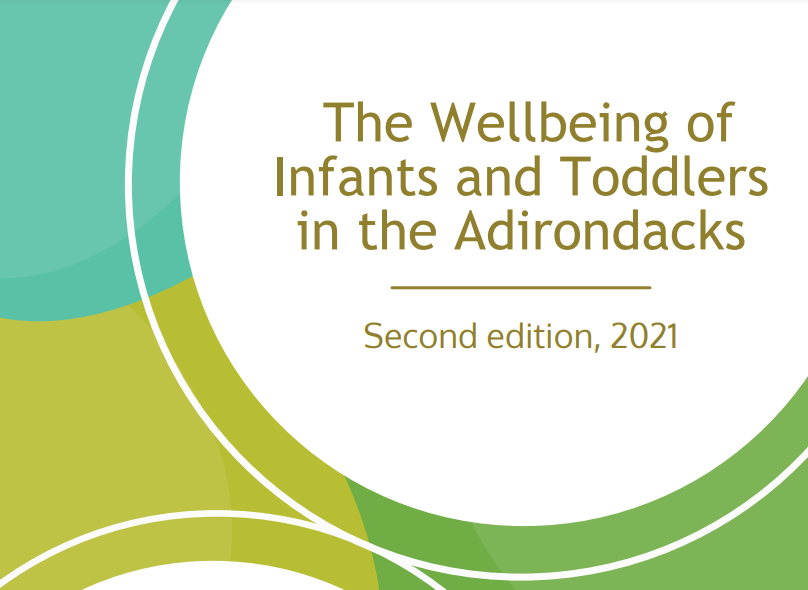Why Early Childhood?
The Need
By taking action, we can ensure the Adirondacks have the infrastructure necessary to support thriving families, vibrant communities, and a strong economy.

Support Families
The cost of child care has become the most expensive basic living expense for many families, surpassing even housing. Without affordable, safe, and high-quality child care, parents struggle to work, and our communities suffer.

Support Child Care Programs
75% of parents say that child care challenges have impacted their career advancement. A lack of sustainable funding for child care programs is undermining our economy and the future of the Adirondacks.

Support the Early Childhood Workforce
70% of child care providers work second jobs just to make ends meet—a stark indicator of the crisis facing these essential professionals.

Support Early Childhood Services
Home visiting and parenting education services reach about 550 children in our region–yet more than 4,800 could benefit from access to these services.
Support Early Learning
Investing in early childhood services is as essential for employers and economic development as it is for working parents and caregivers. The future of the Adirondacks depends on families knowing they can build successful lives here. Supporting early childhood programs and professionals today bolsters a thriving region for generations to come.
The first three years of life are a period of extraordinary growth—80% of a child’s brain develops by age three, so the first 1000 days lay the foundation for lifelong success.
Investing in early childhood is not only important for our children, but for our economy and community as a whole. Early childhood services are as critical to our community as roads; it is the foundation for children’s future success and allows our region to grow economically.
However, the Adirondack region faces a crisis. There is a critical shortage of early childhood professionals—child care providers as well as home visitors and specialists supporting children with developmental delays.
These dedicated professionals are undervalued and underpaid, making it hard to recruit and retain the workforce our communities need. Without affordable and accessible child care and early childhood services, parents can’t work, children can’t thrive, and our region risks losing more people to outward migration.
Reports
